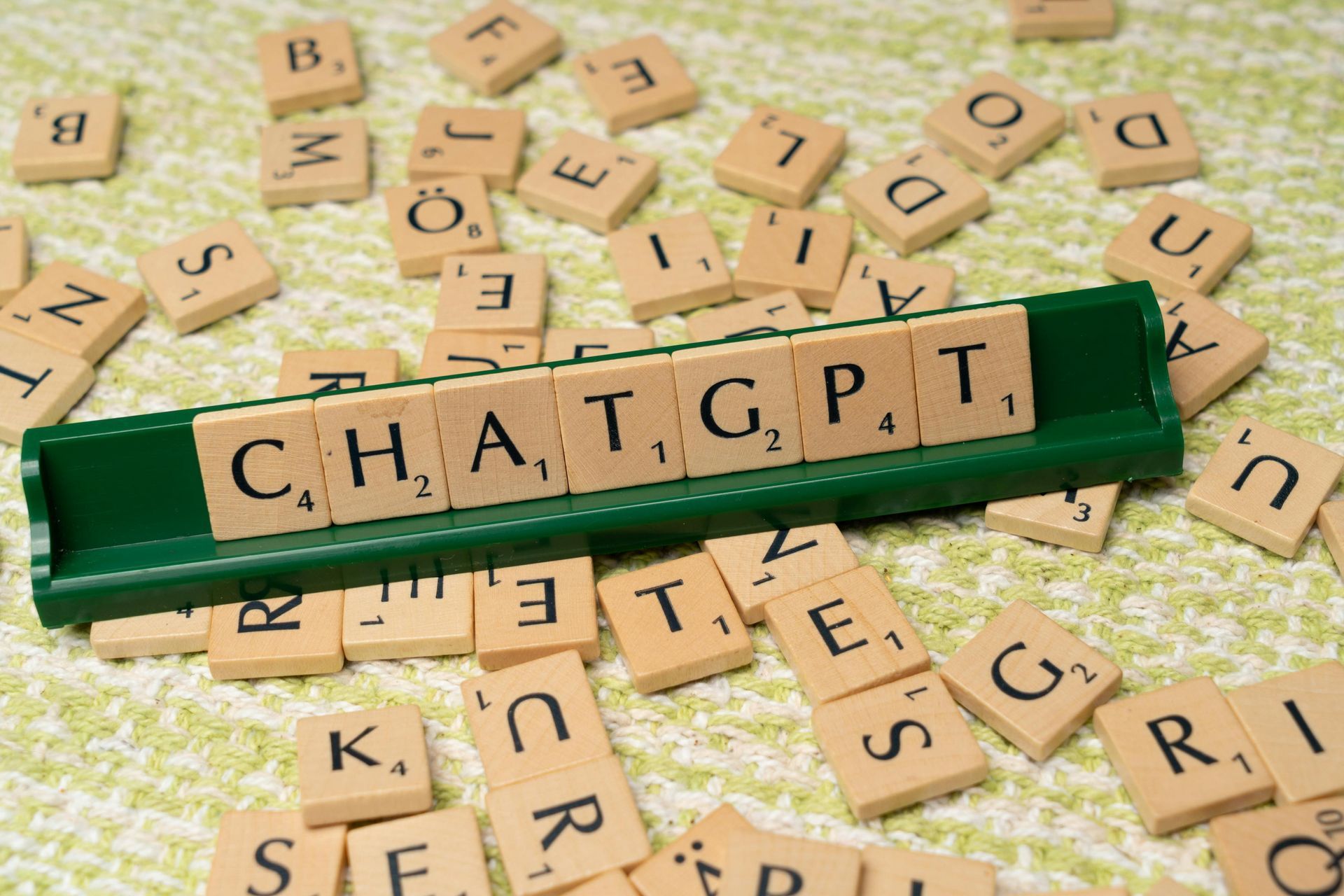Romancing Journalists – Why Relationships With Journalists are so Important in PR

A professional relationship with a journalist can be tricky to get right. Contacting them via the wrong social media platform, irrelevant content and a discourteous manner are just a few ways to make a long-lasting business relationship fail before it starts. However, it can be easy to get the magic between you just right.
The openness of social media means it’s easy to reach people you wouldn’t normally be able to and that includes journalists. Whether they use your pitch depends upon a variety of factors, including whether it’s considered newsworthy, as well as the relationship between you and the journalist.
Love at first sight – getting to know each other
Social media, specifically Twitter, is a great way to interact with journalists. The ability to see their Twitter timeline, for example, gives you an opportunity to research their interests and what stories they’re covering. The next logical step is interaction around shared content. Comment on their tweet, blog post or editorial piece in a professional manner; don’t be negative, condescending or argumentative and do it regularly to build up familiarity. Journalists are on tight deadlines so be ready to respond quickly, help them out when they ask for information. Make sure your comments show expertise in your field too with valid opinions and insights. Journalists will get to know you, hopefully like you and are more likely to ask your opinion to add value to the story they’re reporting on. PR agencies often have long-standing relationships with journalists and a familiar Twitter handle is more likely to lead a journalist to respond when a pitch is emailed to them.
Look them in the eye – be honest and sincere
Lots of journalists use social media to find stories to report on, carry out research and promote their work. Once you have socially engaged with journalists, it can be a viable option to pitch to them via social media but make sure you use the right platform. LinkedIn is an option but just because a journalist has a profile on LinkedIn doesn’t mean they use it, so always check they are active. Facebook is a definite no for interacting and pitching. It’s personal and most likely full of snaps of their kids or recent holiday to Sardinia. Honesty, sincerity and sensitivity to their privacy will help build a solid, long lasting professional relationship with a journalist. Listen to them, what their likes and dislikes are and learn their preferred method of communication. If they perceive you as trusted and someone they can rely on professionally, when an opportunity arises they will help you.
It’s all about the build up – send the right pitch
Whilst social media platforms are powerful, for most journalists email is still the preferred option for receiving pitches. Make sure the content of your pitch is relevant and passes the ‘interesting test’. Know the audience a journalist is writing for and send them copy that is compelling and resonates with their audience. They’ll thank you for it and remember it’s a two way street, they need content too!
Second date?
You’ve interacted, you’re building a strong rapport and the relationship is blossoming. It’s the start of something wonderful so don’t rush it. See it as an adventure rather than a quick trip; it’s a professional relationship worth tending to and nurturing.
True love
There’s no secret when it comes to romancing journalists:
• Research journalists working in your industry
• Interact and comment on journalist’s tweets, blog posts or articles establishing yourself as an expert in your field
• Socially engage with journalists and if social media is an acceptable manner, pitch to them. If not, stick to email
• Always follow up
Get to know them, learn their birthday and, if the mood takes, send chocolates or a bottle of wine!











